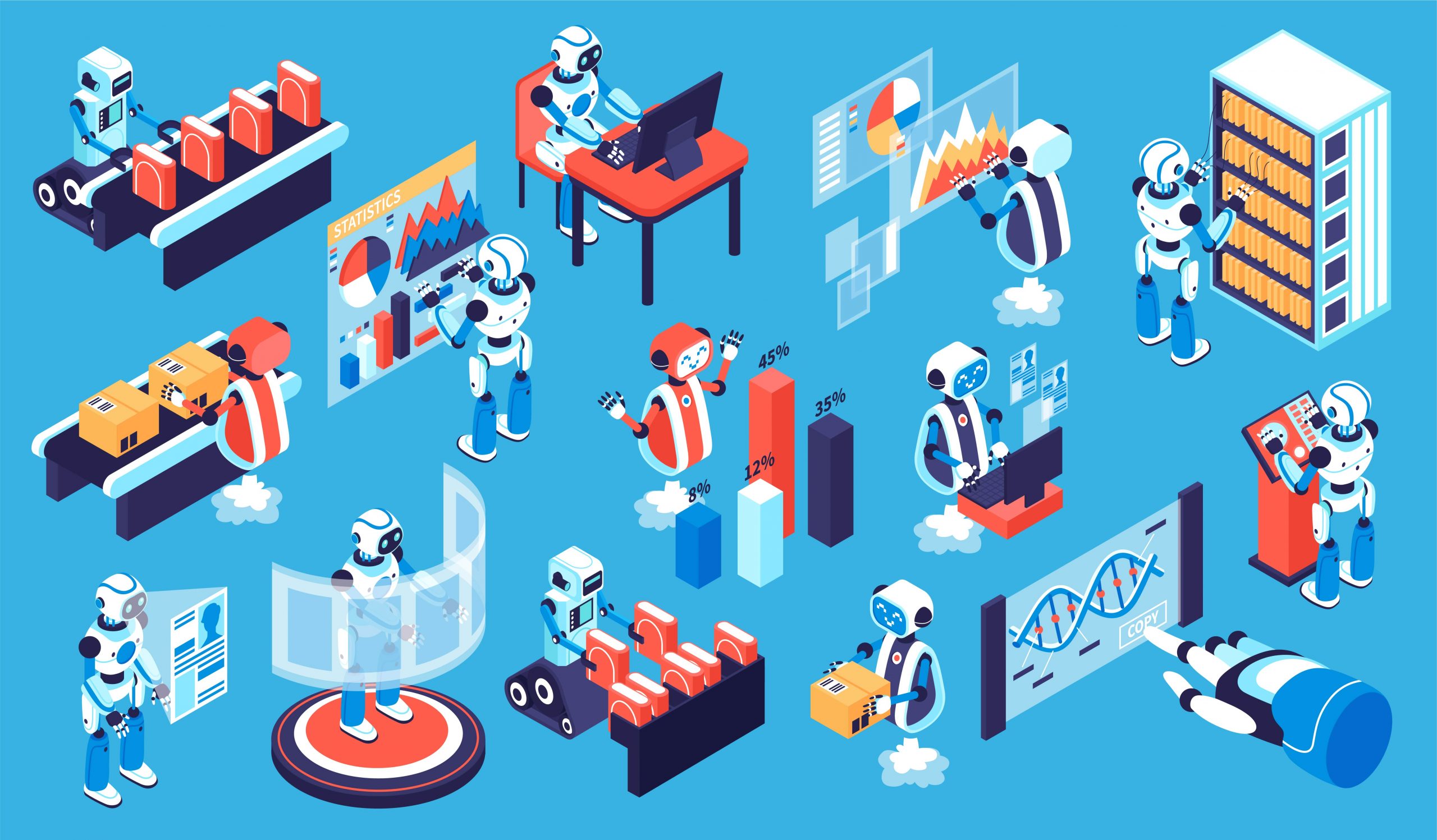AI publishing academy – Addressing ethical concerns in AI-assisted writing

The world of writing is changing rapidly due to artificial intelligence (AI), which is helping many writers create content through the use of AI tools. However, as with any new technology, ethical concerns must be addressed. AI-assisted writing uses computer programs to help create written content. These tools can do many things, from suggesting words and phrases to generating paragraphs. Some can even mimic different writing styles or create content based on a few keywords.
Benefits of AI in writing
- Save time by quickly generating ideas or first drafts
- Help overcome writer’s block
- Improve grammar and spelling
- Suggest ways to make writing more transparent and more engaging
- Help with research by finding relevant information quickly
Ethical concerns in AI-assisted writing
While AI writing tools have many benefits, they also raise ethical concerns.
- Originality and plagiarism – One big worry is whether AI-generated content is genuinely original. AI tools learn from existing texts, which means they might recreate content that’s too similar to other sources. This could lead to accidental plagiarism.
- Authenticity – When AI helps write content, it can be hard to know how much of the final work is human ideas and how much comes from AI. This raises questions about the authenticity of the work.
- Job displacement – Some people worry that AI writing tools might replace human writers. While these tools are helpful, they can only partially replace human creativity and insight.
- Quality control – AI can make mistakes or generate nonsensical content. With careful review, this could lead to the spread of correct information.
- Copyright issues – It can sometimes be made clear who owns the rights to AI-generated content. This can create legal problems for writers and publishers.
- Bias in AI – AI systems can pick up and repeat biases in their training data, resulting in unfair or discriminatory results.
- Overreliance on AI – Writers may become too dependent on AI tools, which could limit their skills and creativity.
Publishing.ai review tools can help address some of these concerns by checking AI-generated content for originality and quality. However, they’re just one part of ensuring the ethical use of AI in writing.
Addressing ethical concerns
- Be transparent – Writers should be open about their use of AI tools. This helps readers understand how the content was created.
- Fact-check and edit – All AI-generated content should be carefully reviewed and fact-checked by humans. This helps catch errors and ensures the information is accurate.
- Maintain human creativity – AI should enhance human writing, not replace it. Writers should still use their ideas and creativity.
- Understand the limitations – It’s important to know what AI tools can and can’t do. They’re not perfect and shouldn’t be treated as such.
- Stay informed about AI ethics – The field of AI ethics is constantly evolving. Writers and publishers should keep up with new developments and best practices.
Education will be essential. Writers need to learn not just how to use AI tools but how to use them responsibly. This is where AI Publishing Academies can play an important role. They can teach both the technical skills and the ethical considerations of AI-assisted writing. The goal should be to use AI to enhance human creativity, not replace it. With careful use and ongoing discussion of ethics, AI can be a valuable ally for writers and publishers. Creating high-quality, original content that respects ethical standards and copyright laws is crucial as we move forward.







